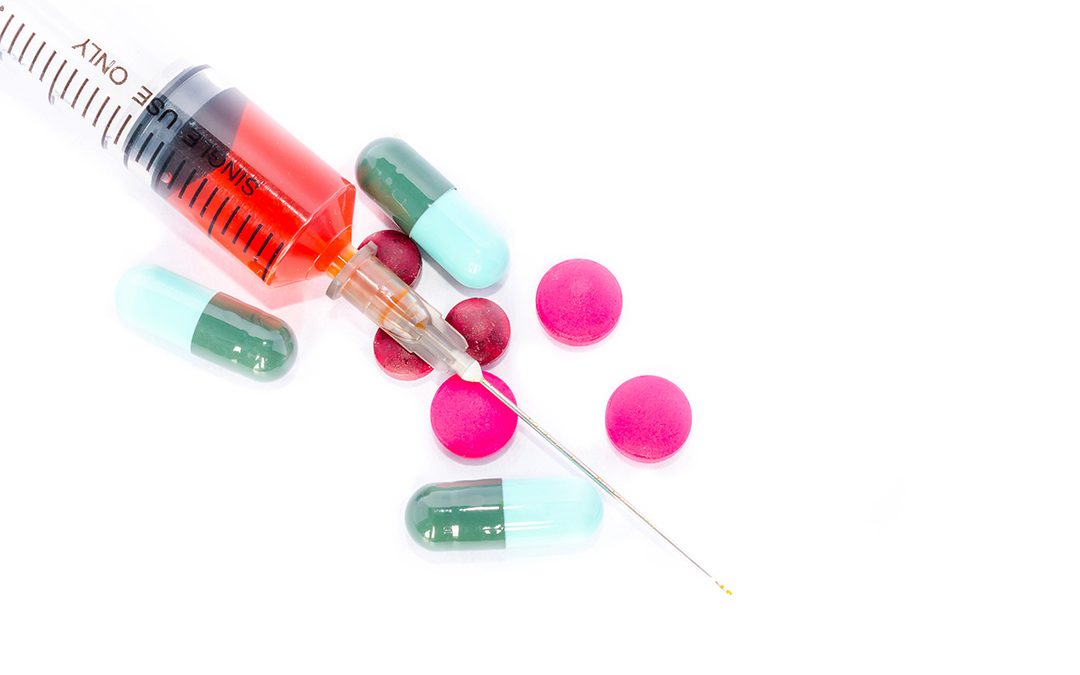PERNICIOUS ANAEMIA SOCIETY
Help us improve the way Pernicious Anaemia is diagnosed and treated
Pernicious Anaemia
Pernicious Anaemia Society
Who we are & What we do
PAS Resources
Healthcare Professionals
Latest Blog & News

PAS education programme for healthcare professionals launched!
Written and reviewed by healthcare professionals for healthcare professionals.
Now available on the NHS eLearning website and via our shop.
Are you a Health Care Professional? Become a member of PAS for our research and newsletter updates and easy access directly to the NHS Learning Hub Pernicious Anaemia modules here.
Did you know ?
%
Of patients waited 5 years or more for diagnosis
%
Of patients were initially misdiagnosed
%
Of patients are unhappy with their treatment
Get Involved
Member Support Groups
Fundraise for us
Become a Member of the Pernicious Anaemia Society
With your help we can continue to do our valuable work, supporting those that need it and campaigning to secure future improvements in detection and treatment of this illness. The more members we have the bigger our voice will be in getting the way in which Pernicious Anaemia is diagnosed and treated thoroughly reviewed. Join us and help us bring about this much needed review. Your membership fee or donations go towards the running of society, but also help us to fund research projects, awareness campaigns and many other activities.
Upcoming Events
Find Out More
FAQ
What's the difference between B12 Deficiency and Pernicious Anaemia ?
Pernicious Anaemia is caused by either the patient not producing Intrinsic Factor that is needed to bind with vitamin B12 from food before it enters the blood stream or the Intrinsic Factor is being produced but is then destroyed by antibodies to the Intrinsic Factor – auto-immune Pernicious Anaemia. Because the patient is either not producing Intrinsic Factor or is destroying the Intrinsic Factor that has been produced the B12 cannot be absorbed from food.
Read More →
How is Pernicious Anemia diagnosed ?
If the test is positive, then it is 95% certain that the patient will have Pernicious Anaemia. However, it will identify only 50% – 70% of patients with the antibodies. So, if you test positive for the antibody you will almost certainly have Pernicious Anaemia. But is it is negative it does NOT rule our Pernicious Anaemia.
Read More →
How is Pernicious Anaemia treated ?
Read More →


















